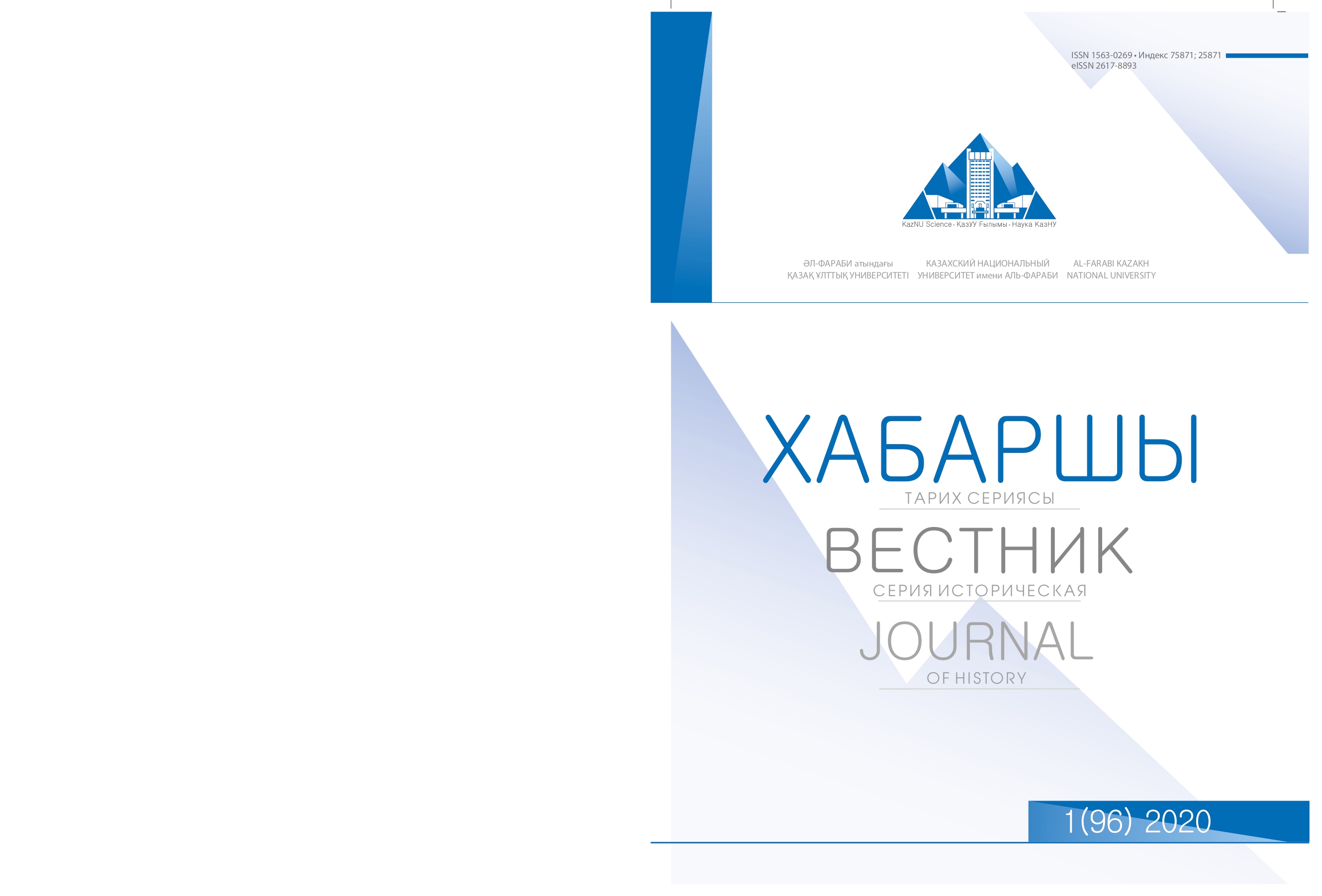THE ISSUE OF NEPOTISM AND THE PROBLEM OF BUILDING TRANSPARENT AND EFFICIENT CIVIL SERVICE IN GEORGIA
DOI:
https://doi.org/10.26577/JH.2020.v96.i1.09Abstract
The problem of Nepotism is widespread almost everywhere, not only in developing countries, but
also in many economically advanced countries. One of the most acute problems that Georgia is facing
today is the widespread nepotism in all spheres of public life. Nepotism reduces country’s economic
development and leads to weakening of effectiveness of the government institutions. In case of nepotism
a wide range of legal norms and principles are violated, such as equality before the law, impartiality and
equal access to civil service for all citizens.
According to the research which was conducted by different non-Governmental Organizations, recruitment
procedure in civil service is not conducted in accordance with the competition rules. This fact
is also confirmed by those citizens that were dismissed from civil service. The violation of competition
rules has become a common practice in civil service.
After the adoption of a revised EU-Georgia Association Agenda for the period 2017-2020, Georgian
government has undertaken an obligation to establish a transparent, independent and impartial system of
civil service. European Union demands from Georgia to reform the civil service and build a merit-based
and professional civil service. The requirement to reform the civil service and the inclusion of this objective
in the Association Agenda is a recognition of the fact, that the Georgian government has so far failed
to create a competent and transparent civil service. The creation of a professional civil service can only
be achieved if vicious practice of nepotism will be eradicated in all spheres of public life.












